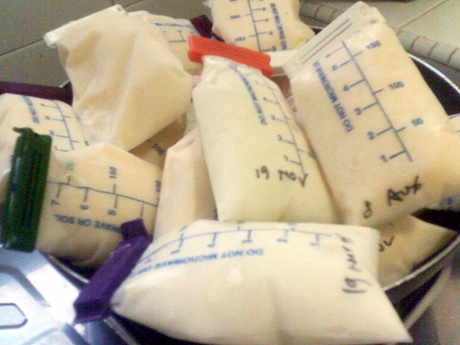Infant Rooming-In and Breastfeeding
Rooming-in is a standard of care for all mothers and infants postpartum, and is defined as keeping the infant in the mother’s room after birth and throughout hospitalization, unless there is a medical reason for maternal-infant separation.
In September 2016, American Academy of Pediatrics published their clinical report on skin-to-skin and rooming-in, recommending both as best practices on maternal-child hospital units.
For years, breastfeeding specialists have extolled the importance of rooming-in for breastfeeding success. We know that babies who room-in with their mothers breastfeed more often, lose less weight, and have lower bilirubin levels. Rooming-in is associated with higher breastfeeding rates for at least 6 months postpartum.
What do you think is NOT a known benefit of infants rooming-in with their mothers postpartum?
- Fewer nurses needed on the maternity ward because of not needing to staff a nursery.
- Improved patient satisfaction with the hospital stay.
- Decreased infant abandonment.
- Increased infant security by avoiding newborn abductions or switches.
For the answer, click here.

